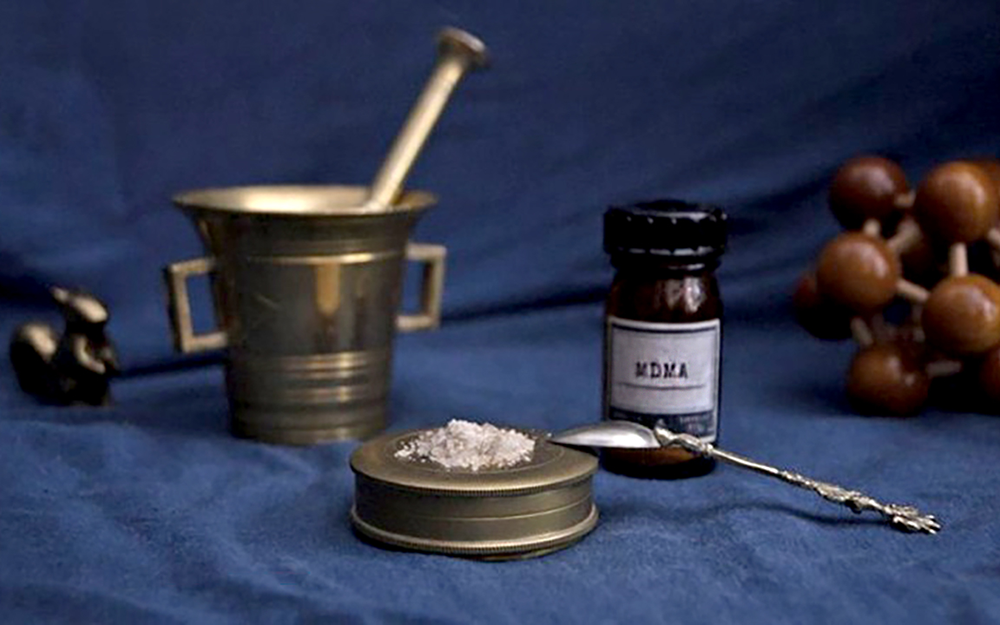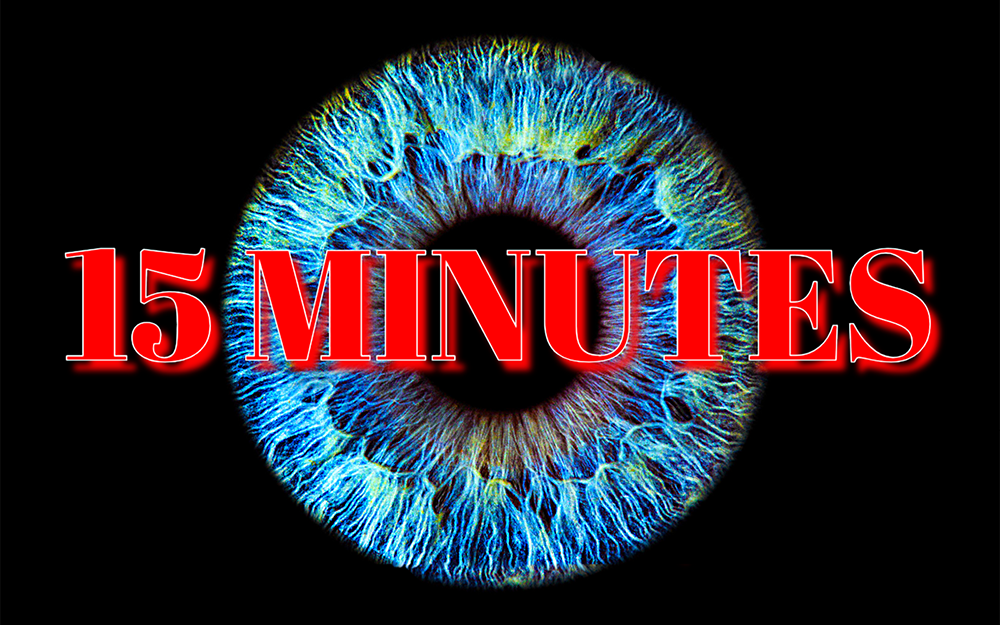
By Ruth Hill R.N.
In recent years, a quiet revolution has been unfolding within the realm of treatment for combat-related injuries. Substances like MDMA, psilocybin, and ibogaine are now at the forefront of cutting-edge research for their potential to alleviate severe post-traumatic stress (PTS) and post-traumatic stress disorder (PTSD).
Scientists have developed two new drug candidates for potentially treating addiction and depression, modeled on the pharmacology of a traditional African psychedelic plant medicine called ibogaine. At very low doses, these new compounds were able to blunt symptoms of both conditions in mice.
The findings, published on May 2 in Cell, took inspiration from ibogaine’s impact on the serotonin transporter (SERT). A team of scientists from UC San Francisco, Yale, and Duke University virtually screened 200 million molecular structures to find ones that blocked SERT in the same way as ibogaine. Ibogaine binds to potassium channels in the heart, which can cause heart arrhythmias, and from a scientific standpoint, it’s a ‘dirty’ drug. Targeted molecules are more potent than SSRI antidepressants and avoid dangerous side effects.
Researchers found that a treatment approach that consisted of MDMA given in three eight-hour therapy sessions, four weeks apart, worked better than a placebo in reducing the severity of their symptoms. A separate recent trial showed that “86% of participants who got the MDMA treatment along with talk therapy saw a reduction in the severity of their symptoms after 18 weeks.
A Food and Drug Administration (FDA) advisory panel rejected the use of MDMA as a treatment for PTSD. This decision is a significant setback. The rejection highlights the persistent barriers and misconceptions that continue to hinder progress with emerging therapies.
In October, Robert F Kennedy Jr specifically criticized the Food and Drug Administration (FDA) over the agency’s “suppression of psychedelics” and a laundry list of other issues that he said amounted to a “war on public health” that would end under the Trump administration. Meanwhile, a top U.S. Department of Veterans Affairs (VA) official recently said it’s “very encouraging” that Kennedy supports psychedelics reform—and he hopes to work with him on the issue when confirmed as the Secretary of Health and Human Services (HHS).
In an interview with Joe Rogen, former Governor of Texas, Rick Perry believes Trump’s “health picks are a ‘Great Gift’ for psychedelics. Perry said that’s why he’s “excited” about Trump’s plans to insert Kennedy as HHS secretary, as well as others such as physician and TV personality Dr. Mehmet Oz to oversee the Centers for Medicare and Medicaid Services (CMS).
The conservative former governor said conversations with the twin brother of Rep. Morgan Luttrell (R-TX), Marcus, and subsequently the congressman himself—both of whom are veterans who personally benefitted from psychedelics therapy. After those discussions, Perry said he started researching the issue and eventually became an advocate.
“We’re sitting here with 20-plus veterans a day killing themselves. Yet we have a compound that clearly the data shows, when appropriately used and appropriately overseen—can change lives and save lives,” he said. “And for me to be able to know that, and then still see government say, ‘No, we’re not interested,’ is frustrating.”
“This is an opportunity for our government—both at the federal level and in the state level” to advance reform, Perry said, referencing an initiative underway in his state of Texas to provide public-private funding to support clinical trials exploring ibogaine treatment.
Kennedy’s advocacy for psychedelics reform is particularly relevant to his potential role at HHS. FDA faced criticism from advocates last year after the agency rejected an application to approve MDMA-assisted therapy for post-traumatic stress disorder (PTSD). The nominee has made clear he believes psychedelics hold significant therapeutic potential that should be untapped, and he’d wield influence over that potential administrative reform as well.
Meanwhile, Rep. Dan Crenshaw (R-TX) recently urged the FDA to finalize guidance on conducting clinical trials into psychedelics to facilitate research, including investigations focusing on the potential benefits of substances such as MDMA and psilocybin for military veterans.
Send comments to hilruth@gmail.com.











































